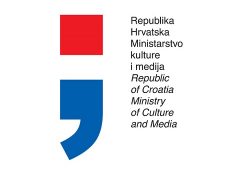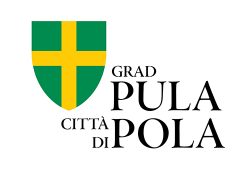Books
Sign up for the newsletter
I want to sign up for the Pula Film Festival newsletter and receive news. By applying, I accept the Privacy Protection Policy of JU PFF and give my consent to the collection, storage and processing of the data described there. You can unsubscribe at any time via the link in the e-mail.
Latest news
Here Are the Winners of the 72nd Pula Film Festival
16. July 2025.
Anticipating the Finale of Pula Film Festival!
15. July 2025.





